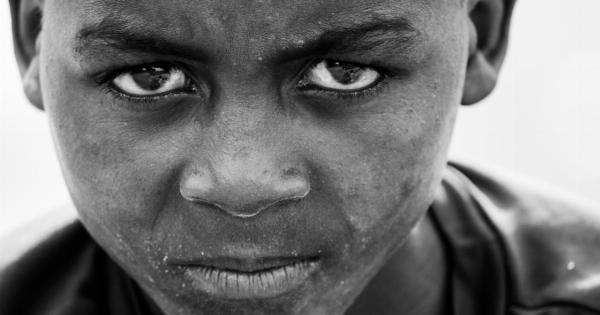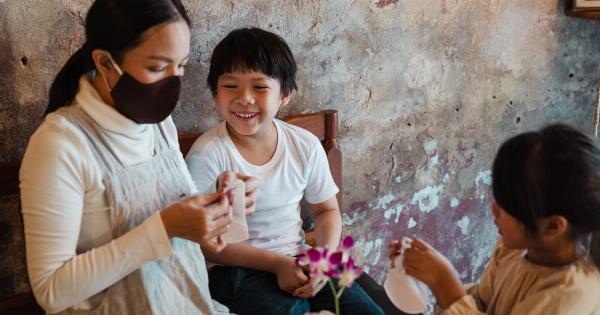Meningitis is a serious and potentially life-threatening condition that can affect individuals of all ages. However, it is especially concerning when it occurs in babies.
Meningitis refers to the inflammation of the protective membranes surrounding the brain and spinal cord. This inflammation is typically caused by an infection, which can be bacterial, viral, or fungal in nature.
Given the severity of meningitis, it is crucial for parents and caregivers to be aware of the common symptoms so that they can seek prompt medical attention for their little ones. In this article, we will discuss the three most common symptoms of meningitis in babies.
1. High Fever
One of the primary symptoms of meningitis in babies is a high and persistent fever. Babies with meningitis often have a body temperature that exceeds 100.4°F (38°C). This fever may develop suddenly, or it can gradually increase over a few days.
It’s important to note that a fever alone does not necessarily indicate meningitis, as babies can develop fevers due to other illnesses as well. However, when coupled with other symptoms, a persistent fever should not be ignored.
2. Irritability and Unusual Crying
Babies with meningitis tend to be extremely irritable and inconsolable. They may cry more than usual and exhibit behaviors such as arching their back or pulling their legs towards their chest.
The crying may have a distinct high-pitched or moaning quality to it. These changes in behavior are often attributed to the discomfort and pain associated with meningitis.
If your baby seems unusually fussy and displays these symptoms, especially in combination with other signs, it is important to seek immediate medical attention.
3. Stiff Neck and Body
Another telltale sign of meningitis in babies is a stiff neck and body. The inflammation caused by the infection can affect the muscles in the neck and spinal cord, leading to a visibly stiff neck.
In babies, this may present as the baby refusing to move their head or neck, or crying when attempting to do so. The stiffness may extend to other parts of the body, making the baby appear tense and rigid. If you notice these signs, it is crucial to consult a healthcare professional as soon as possible.
When to Seek Medical Help
Meningitis is a medical emergency, and early diagnosis and treatment are critical for a positive outcome. If your baby displays any of the above symptoms, it is important to seek immediate medical assistance.
Additionally, you should consider consulting a healthcare professional if your baby experiences any of the following:.
- Difficulty staying awake or excessive sleepiness
- Refusal to eat or drink
- Persistent vomiting
- Pale or blotchy skin
- A rash that does not fade when pressed
- Rapid breathing or difficulty breathing
- Seizures or convulsions
If you notice these symptoms in your baby, do not wait or attempt to self-diagnose. Contact your healthcare provider immediately or take your baby to the nearest emergency room.
Prevention and Vaccination
While meningitis cannot always be prevented, there are measures that can reduce the risk of infection. Vaccination is one of the most effective strategies for preventing meningitis in babies and children.
The vaccination schedule recommended by healthcare professionals includes vaccines that protect against some of the most common bacterial and viral causes of meningitis.
For bacterial meningitis, vaccines such as the Haemophilus influenzae type b (Hib), pneumococcal conjugate vaccine (PCV), and meningococcal vaccine have significantly reduced the number of cases.
In the case of viral meningitis, there is no specific vaccine available. However, practicing good hygiene, including proper handwashing, can reduce the risk of viral infections that can lead to meningitis.
Conclusion
Meningitis is a serious condition that requires immediate medical attention when it occurs in babies. Being able to recognize the common symptoms of meningitis can help parents and caregivers seek prompt treatment for their little ones.
Remember, a persistent high fever, irritability, unusual crying, and a stiff neck and body are key signs of meningitis in babies. If your baby exhibits any of these symptoms or experiences other concerning signs, do not hesitate to reach out to a healthcare professional without delay.
Early diagnosis and treatment greatly improve the chances of a positive outcome for infants affected by meningitis.






























